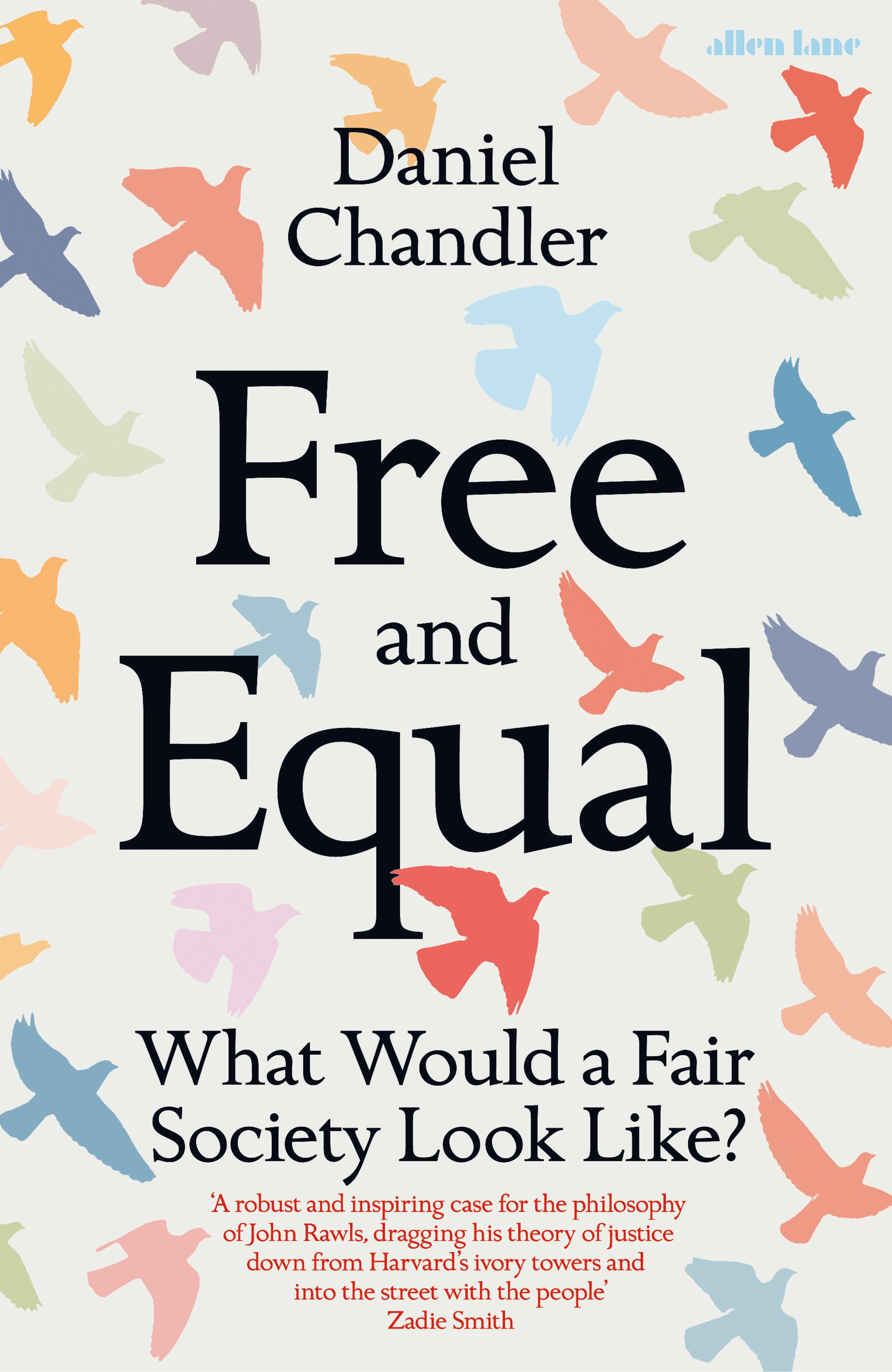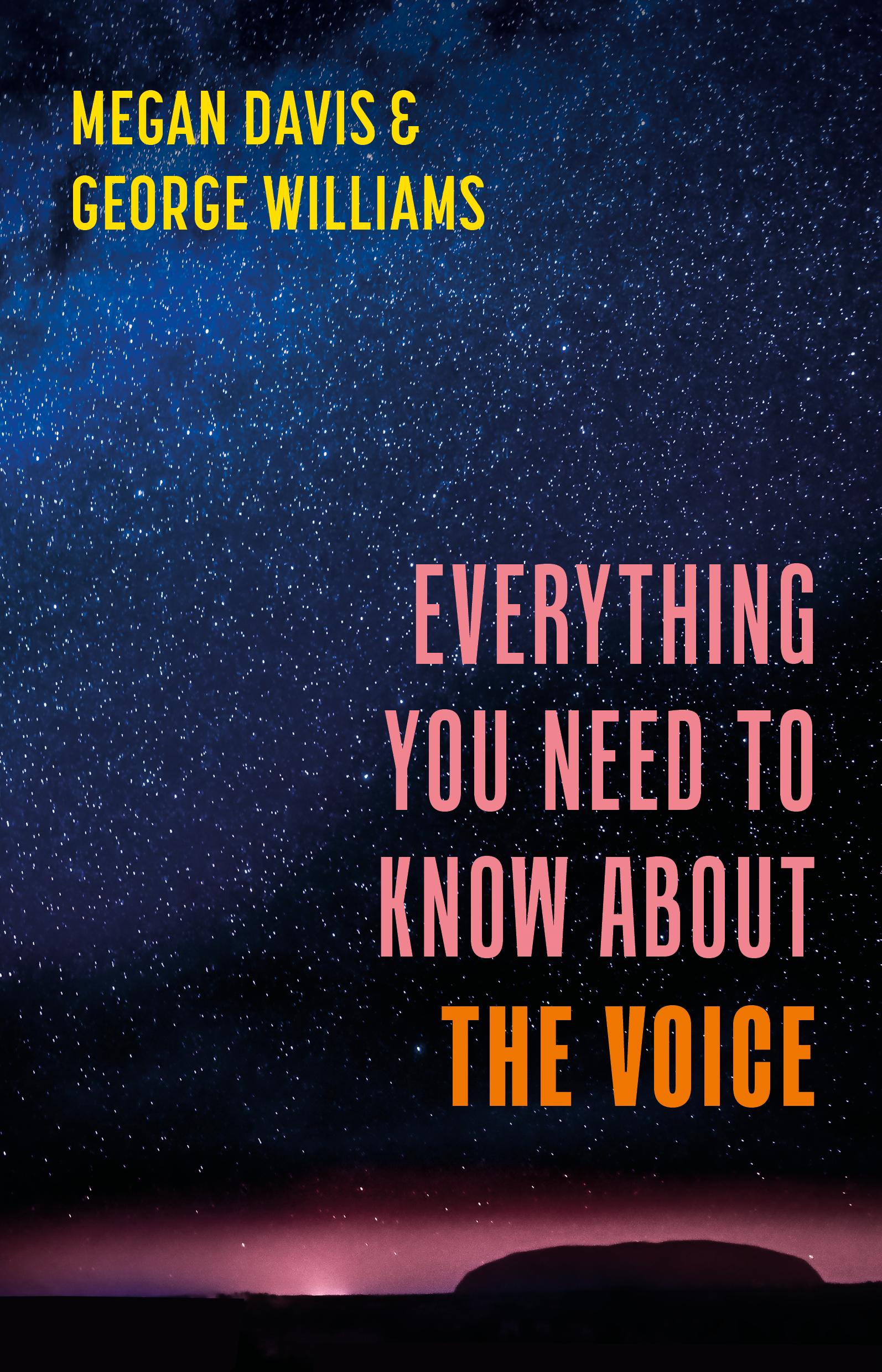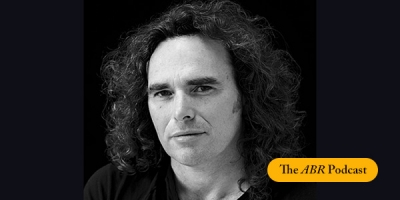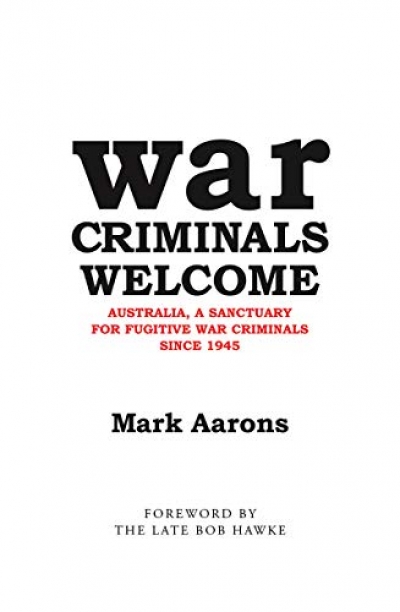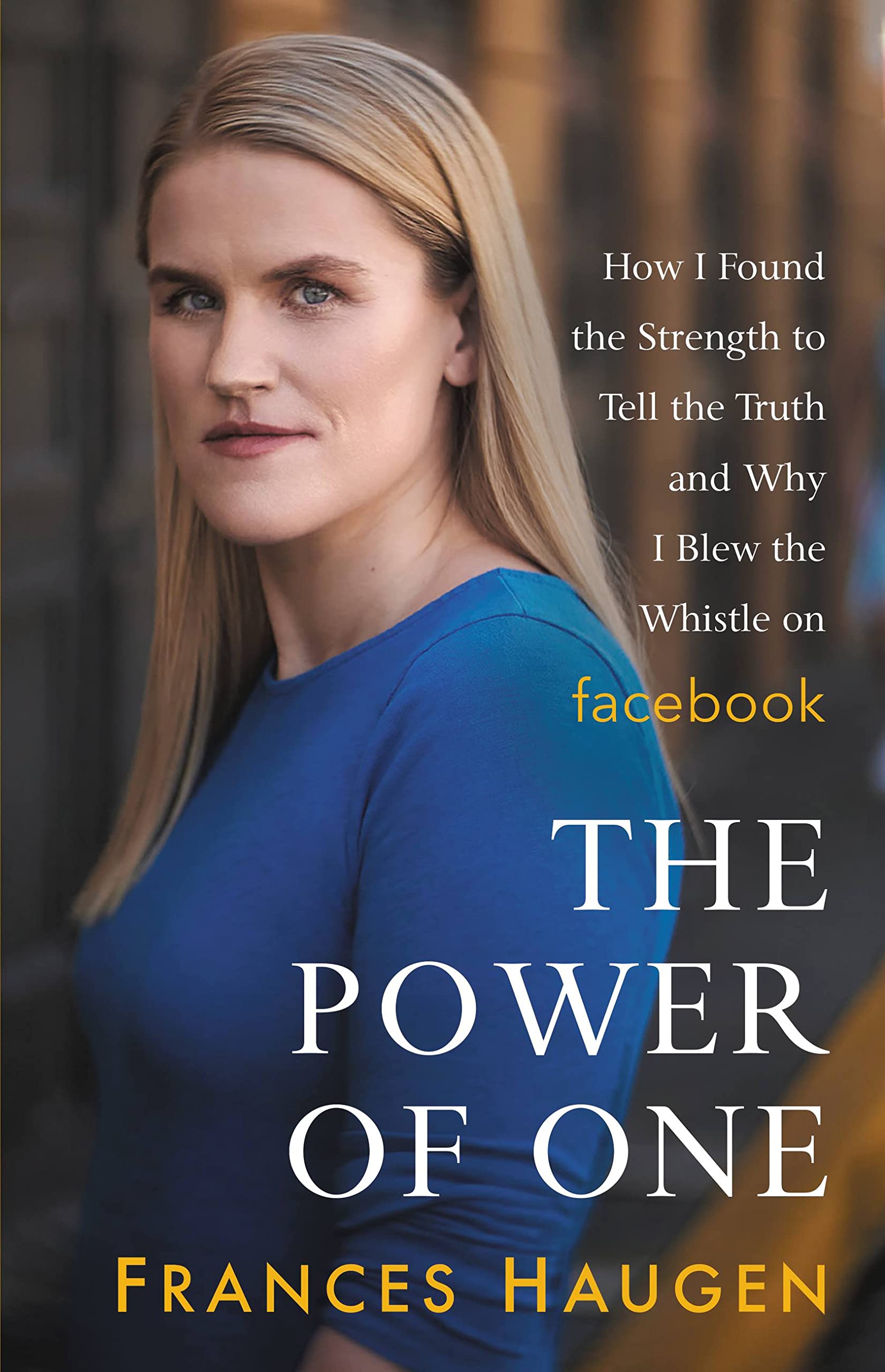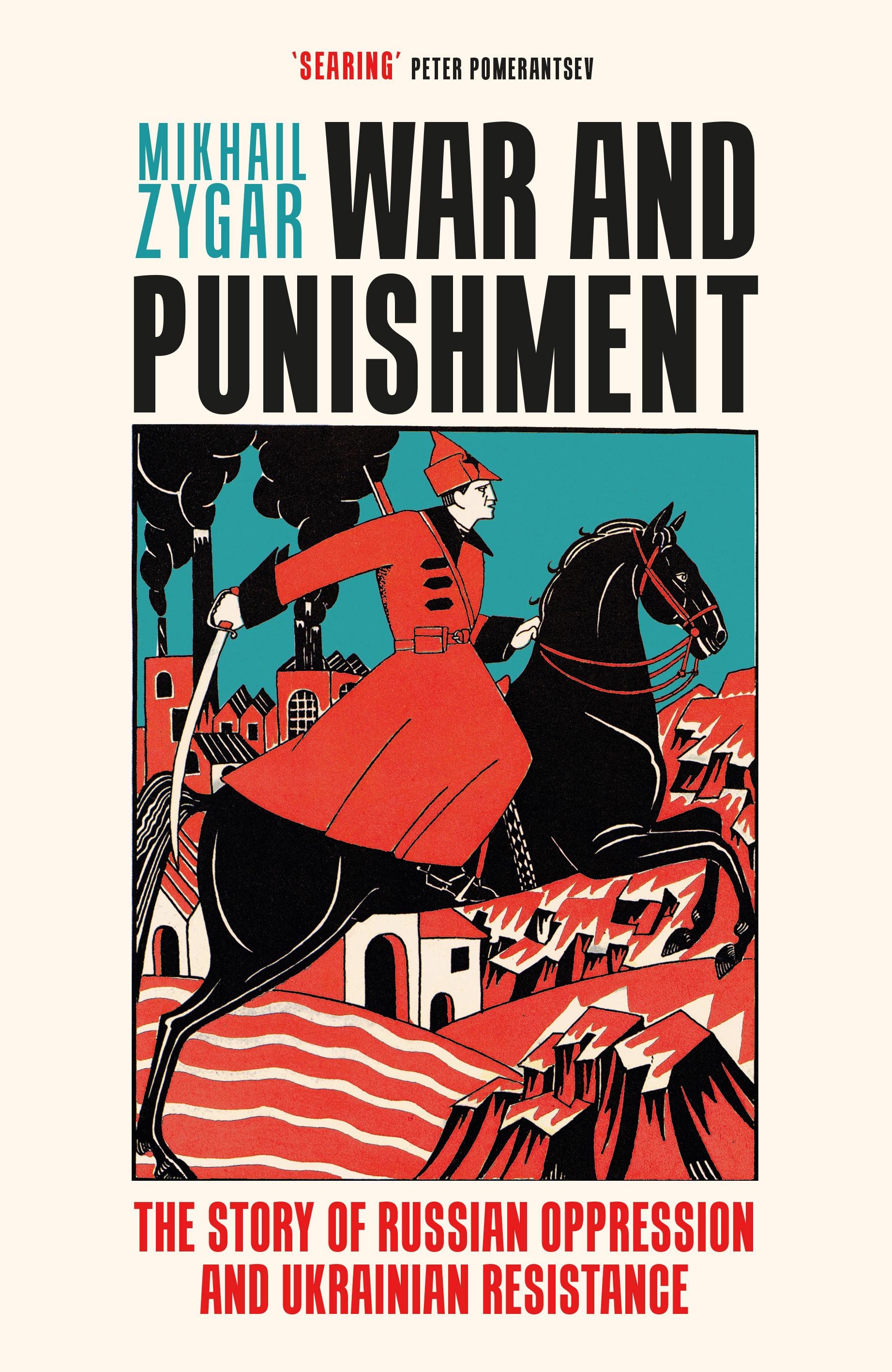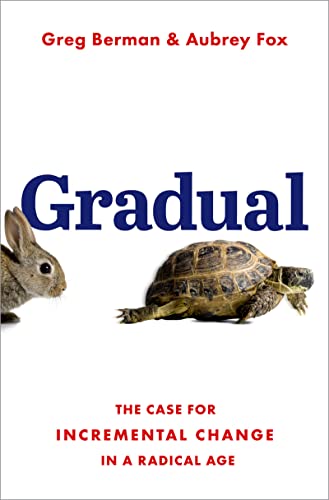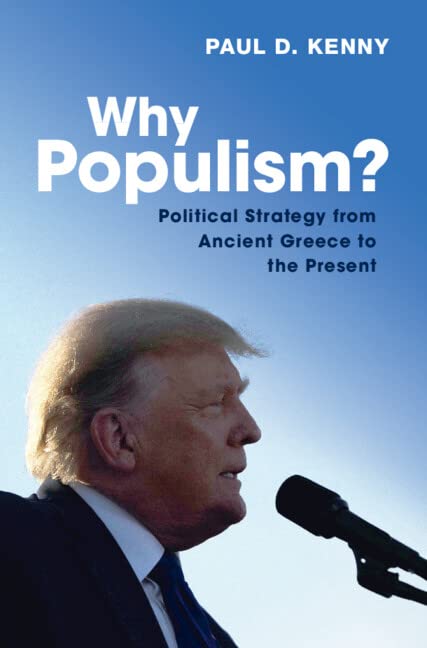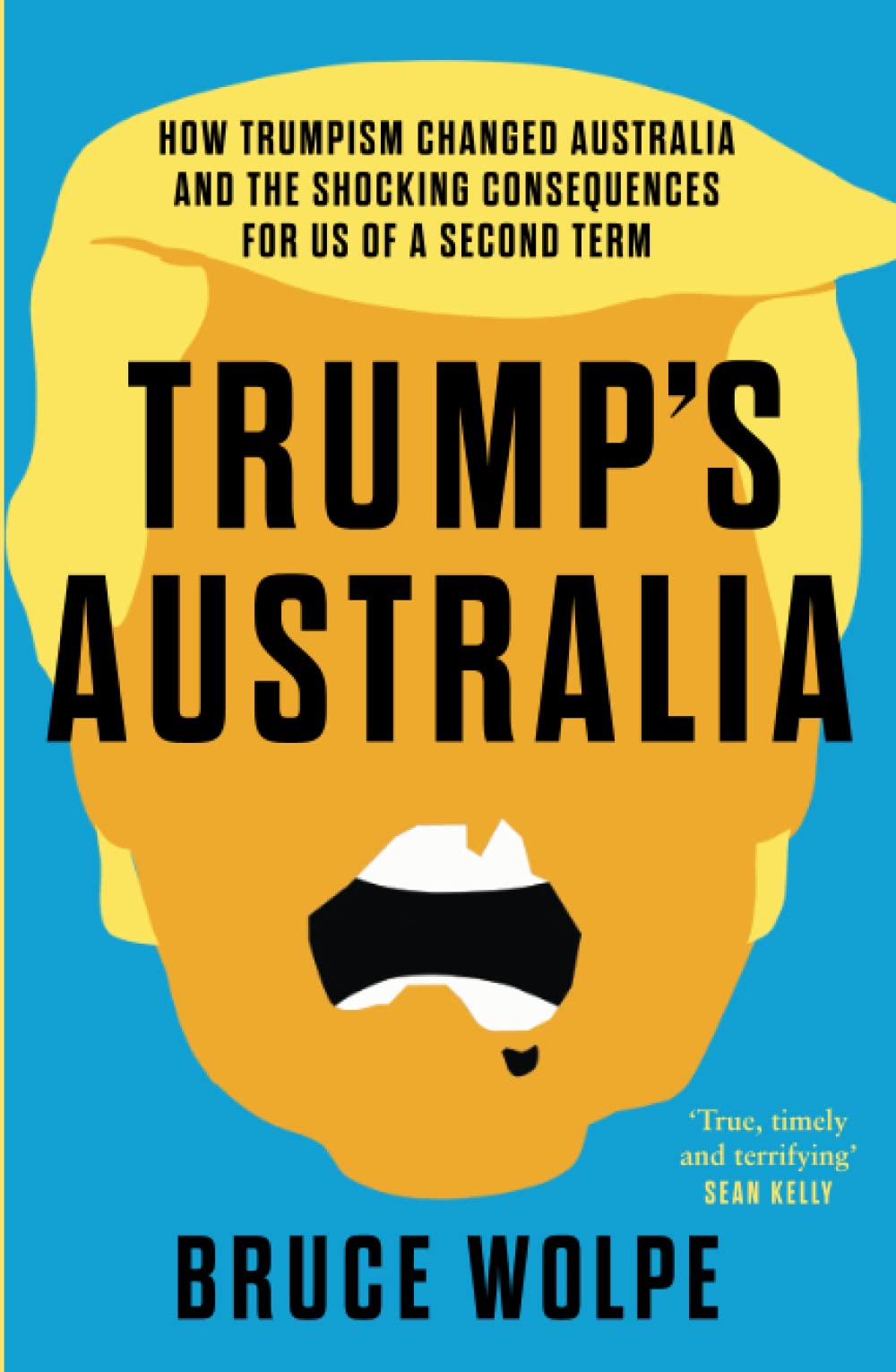Politics
Free and Equal: What would a fair society look like? by Daniel Chandler
Everything You Need to Know About the Voice by Megan Davis and George Williams
This week on the ABR Podcast, we have Joel Deane with The Great Australian Intemperance, his essay on rising economic and political insecurity as reflected in the My Place movement, conspiracy theories, neo-Nazis, and ‘sovereign citizen’ groups. Joel Deane is a poet, novelist, journalist, and speechwriter. Listen to Deane’s The Great Australian Intemperance, published in the September issue of ABR.
... (read more)War Criminals Welcome: Australia, a Sanctuary for fugitive war criminals since 1945 by Mark Aarons
The Power of One: Blowing the whistle on Facebook by Frances Haugen
War and Punishment by Mikhail Zygar & Russia's War Against Ukraine by Mark Edele
Gradual: The case for incremental change in a radical age by Greg Berman and Aubrey Fox
Why Populism?: Political strategy from Ancient Greece to the present by Paul D. Kenny
Trump's Australia: How Trumpism changed Australia and the shocking consequences for us of a second term by Bruce Wolpe
The stumping of Jonny Bairstow reminded me of reaction chains. Bairstow, in case you didn’t waste winter nights watching the Ashes, was the English batsman controversially stumped by Australian wicketkeeper Alex Carey during the second Test at Lord’s. Pandemonium ensued, with the poohbahs of the Marylebone Cricket Club berating the Australian team during the lunch break as they filed through the holiest of holies, the Long Room. The brouhaha led news bulletins around the cricketing world; even the prime ministers of Australia and the Old Enemy weighed in.
... (read more)
